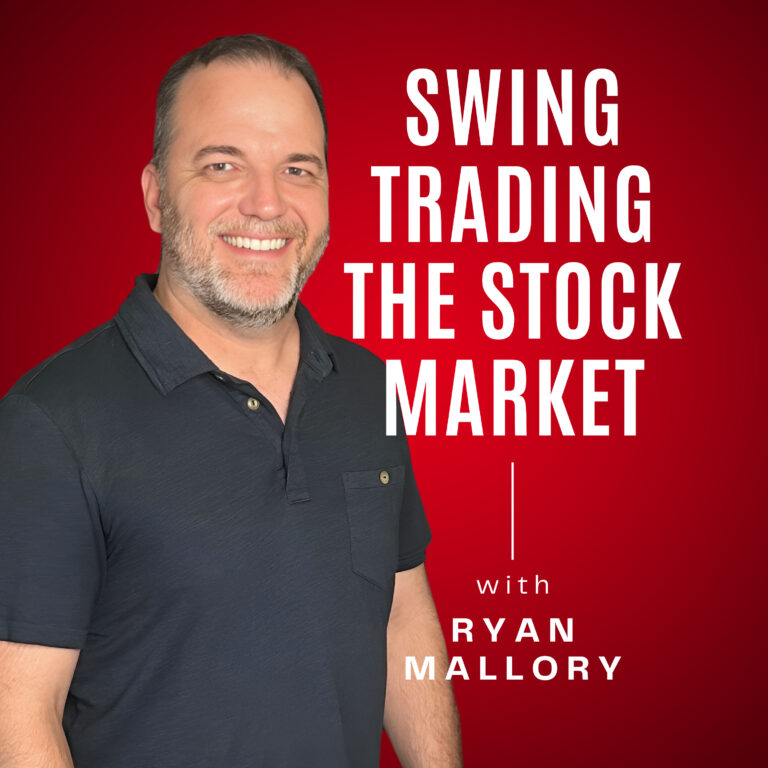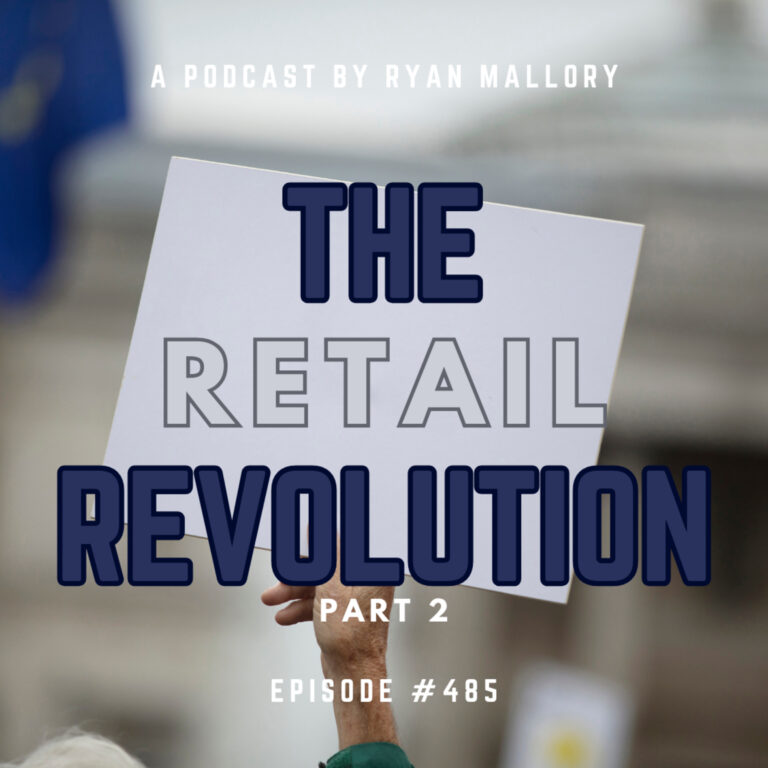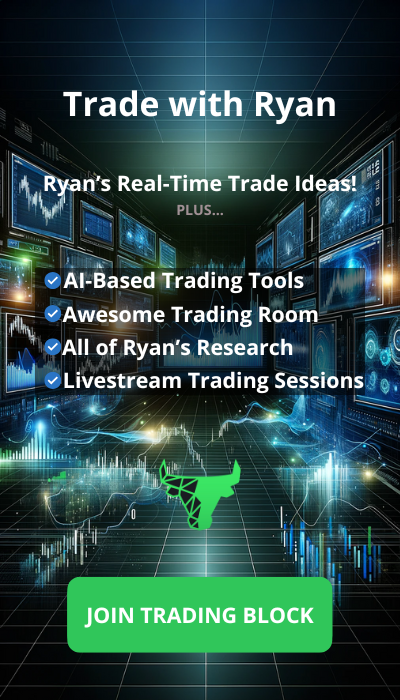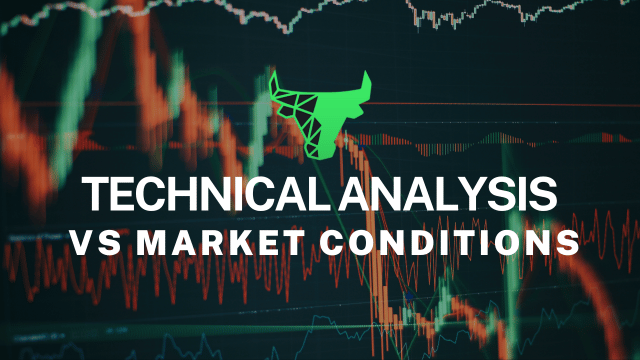One of the dumbest things that a trader can do is try to predict earnings, economic reports, or the Fed. It is total lunacy! Honestly, it is that home-run, “Make-Me-Rich”, something-for-nothing, greedy-for-gain, lazy attitude that causes so many to try to play this nonsensical game. One of the biggest temptations is for the clock to hit 3:58 in the afternoon, knowing there is only a couple of minutes left in the trading day, and to look about 15-30 minutes into the future when a company like Apple (AAPL), or Google (GOOG) or Goldman Sachs (GS) reports their earnings. You say to yourself, “I can go long and benefit from a blow out quarter that I just have this hunch about, so I am going to put my capital all on that stock.
Then the market closes – you’re in before that much anticipated report – then BOOM – 20 news releases hit the wire at once, you are scurrying through each one of them to see what they say. You’ve got their numbers, now let’s see what expectations where – “GREAT They Beat Estimates – I’M RICH!!!”
No you’re not!
“What the heck happened, why is this stock down 15% after hours – and how could I have been so stupid to make such a foolish gamble on this play!?!”
This time of year many traders are asking themselves these questions – lured into the hopes of just calling it right, only to be disappointed. And it is not just novices who try to pull off these kinds of shenanigans. Experienced, Wall-Street Professionals do it all the time.
What is even better, is when the earnings report comes out, and it goes your way…but for a while…and then reverses and goes the opposite direction -a classic headfake. There are so many emotions and variables that goes into these earnings plays – don’t fall for the trap – you’ll most likely pay dearly if you do.
What is even more crazy is trying to play the Fed and their FOMC Statement every six-weeks thinking that you can call it right too. When 2:15 strikes and the report is out, the market tears itself apart trying to figure out which way it is trying to go – and if you are playing the Fed, then you are watching this price action very closely, and with it your emotions, your mind, and your capital is going through the Wall Street Wringer of Portfolio Implosion.
Let’s break it down mathematically…
After the bell closes, Google (GOOG) announces their earnings. Now with every earnings report, Fed Report, or Economic report, there is an expectation by the Street of what it will be. The fate of the stock hinges on that report. Now great companies can miss expectations, but it doesn’t necessarily mean that they had a bad quarter, instead, it means that Wall Street priced too much optimism into the stock and as a result the share price is likely to drop like a rock.
So as a trader let’s say that you have at best a 50/50 chance of getting it right. You don’t know their books, no one has tipped you off, and so really it is a crap-shot between right and wrong. Now even if you predict their quarter correctly and how well they did, you still have to predict the movement of the stock price correctly. Just because you guess correctly how their COMPANY does, doesn’t mean you will be able to guess correctly how their STOCK will do. They are two separate entities and not fully correlated with each other, believe it or not. So when Google announces their earnings, they can do very well, but the Street can decide to sell the earnings report, and all that studying and anticipation, and feelings of exuberance that you felt upon calling the quarter right quickly evaporates when the stock nose dives.
So since we talked about probabilities already, let’s expand on my theory and say that you have at best a 50/50 chance of predicting the market reaction correctly, then in all, you only have a 25% chance of calling a quarter correctly based on your original thesis.
Now some of you will immediately say, “How can you say you have only a 25% chance of getting it right when a stock can only go up or down, which makes it a 50% chance?”, and my answer to that would be that everyone who plays earnings does so on a premise of why they will beat earnings. Some will do it because they like Google’s new phone, and so does their friends, so they think that everyone else does too, so that means earnings must be great (50% chance at best) and that the stock price’s reaction will show that as well (50% chance). A half times a half makes a quarter which means you have a 25% chance of your thesis being correct. Regardless of whether the stock goes up or down, your premise for what the stock will ultimately do, shouldn’t be based on a 25% guess.
Earnings season is one of the most difficult times in the market – it is a check-up of the overall economy, by analyzing each of its parts to see which ones are functioning well and which ones are not. As traders, on the outside, we don’t have the privilege of knowing how each part is going to do when it is all said and done, and to try and put your hard-earned capital on such a risky gamble, quite honestly, doesn’t make sense.
So whether it is earnings, the Fed, or a routine economic report like GDP or Jobless Claims, don’t be tempted to trade on them in hopes of hitting a home-run, because in the long-run it is likely you will find your-self striking out.

Welcome to Swing Trading the Stock Market Podcast!
I want you to become a better trader, and you know what? You absolutely can!
Commit these three rules to memory and to your trading:
#1: Manage the RISK ALWAYS!
#2: Keep the Losses Small
#3: Do #1 & #2 and the profits will take care of themselves.
That’s right, successful swing-trading is about managing the risk, and with Swing Trading the Stock Market podcast, I encourage you to email me (ryan@shareplanner.com) your questions, and there’s a good chance I’ll make a future podcast out of your stock market related question.
In today's episode, I continue the two-part series on the rise of the retail trader and the growing impact they have in today's stock market. I also talk about how this impacts your trading and the stock market going forward.
Be sure to check out my Swing-Trading offering through SharePlanner that goes hand-in-hand with my podcast, offering all of the research, charts and technical analysis on the stock market and individual stocks, not to mention my personal watch-lists, reviews and regular updates on the most popular stocks, including the all-important big tech stocks. Check it out now at: https://www.shareplanner.com/premium-plans
📈 START SWING-TRADING WITH ME! 📈
Click here to subscribe: https://shareplanner.com/tradingblock
— — — — — — — — —
💻 STOCK MARKET TRAINING COURSES 💻
Click here for all of my training courses: https://www.shareplanner.com/trading-academy
– The A-Z of the Self-Made Trader –https://www.shareplanner.com/the-a-z-of-the-self-made-trader
– The Winning Watch-List — https://www.shareplanner.com/winning-watchlist
– Patterns to Profits — https://www.shareplanner.com/patterns-to-profits
– Get 1-on-1 Coaching — https://www.shareplanner.com/coaching
— — — — — — — — —
❤️ SUBSCRIBE TO MY YOUTUBE CHANNEL 📺
Click here to subscribe: https://www.youtube.com/shareplanner?sub_confirmation=1
🎧 LISTEN TO MY PODCAST 🎵
Click here to listen to my podcast: https://open.spotify.com/show/5Nn7MhTB9HJSyQ0C6bMKXI
— — — — — — — — —
💰 FREE RESOURCES 💰
My Website: https://shareplanner.com
— — — — — — — — —
🛠 TOOLS OF THE TRADE 🛠
Software I use (TC2000): https://bit.ly/2HBdnBm
— — — — — — — — —
📱 FOLLOW SHAREPLANNER ON SOCIAL MEDIA 📱
X: https://x.com/shareplanner
INSTAGRAM: https://instagram.com/shareplanner
FACEBOOK: https://facebook.com/shareplanner
STOCKTWITS: https://stocktwits.com/shareplanner
TikTok: https://tiktok.com/@shareplanner
*Disclaimer: Ryan Mallory is not a financial adviser and this podcast is for entertainment purposes only. Consult your financial adviser before making any decisions.




